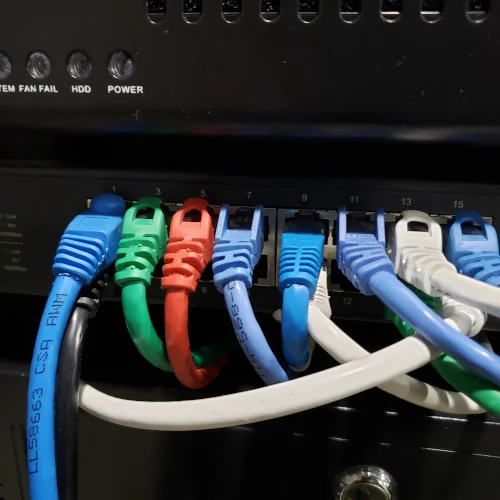Linux 6.7 Networking Adds New Hardware Support, A ~20% Perf Boost For Single TCP Flow

With Linux's use from small embedded networking devices/routers up through networking for HPC servers and Linux being found practically everywhere in the data center, the networking subsystem is never light on new changes. Linux 6.7 brings a new driver for Intel E2000 Infrastructure Processing Units (IPUs) to new consumer wireless hardware support and a smattering of other changes.
Below are some of the highlights of networking in Linux 6.7.
- Deferring regular TCP ACK while processing socket backlog to then send a cumulative ACK at the end. This can increase single TCP flow performance on a 200 Gbit NIC by 20%, going from around 100 Gbit to 120 Gbit.
- TCP Authentication Option (TCP-AO) as a modern replacement to the MD5 option.
- BPF now supports exceptions, support for local per-CPU kernel pointers, inheriting system settings for CPU security mitigations, and other additions.
- A new driver has been added for Intel E2000 IPUs.
- Basic support for Intel E830 devices.
- The NVIDIA Mellanox driver has added support for 4-port NICs.
- The Synopsys STMMAC driver has added support for the Loongson-1 SoC.
- The MediaTek MT76 WiFi driver has a new sub-driver for MT7925 USB/PCIe devices.
- Various new sysctl knobs for ignoring the lower limit on lifetime in Router Advertisement PIO, control activation of the TCP ping-mode mode, and making the connection timeout for Multi-Path TCP (MPTCP) configurable.
- The fair queuing (FQ) packet scheduler has added a number of new features.
- Support for user resolution of TCP timestamps.
- AppleTalk COPS and IPDDP have been removed. This old AppleTalk networking code was dropped since it was old and never worked properly.
More details via the networking merge for Linux 6.7.
18 Comments

